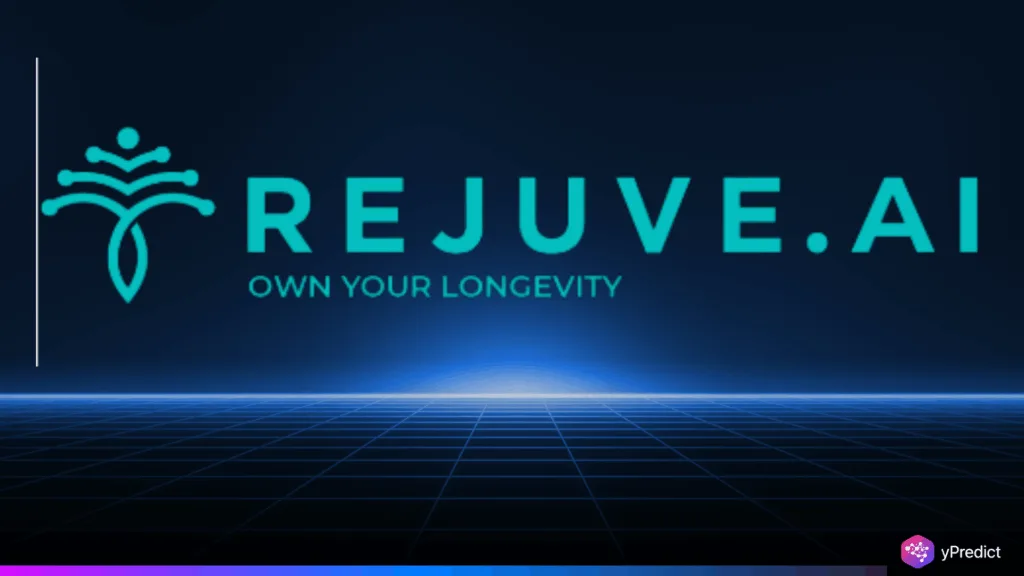
RejuveAI is one such project that intends to decentralize longevity research by encouraging users, wherever they are, to participate by inputting their health data into a mobile application relying on artificial intelligence and blockchain technology. The users, in turn, receive the $RJV token, making it a community-driven model that has the potential to accelerate discoveries. The system links wearable data and lab data to provide individual health insights and monitor biological age. It is open to N-of-1 self-experiments, which means that people may test an intervention themselves using AI feedback. This practice conforms to development in the field of precision medicine and biohacking, but its scientific implications remain to be written.
User-Driven Research Through AI Health Tracking and Token Rewards
The focus of RejuveAI is a mobile app that encourages individuals to share health data with the application through such sources as lab tests, lifestyle questionnaires, and wearable health gadgets. This data is analyzed using AI models, which offer individual information on their biological age, their fitness level, their sleep quality, and their health trend. The AI uses more than 300 biomarkers and behavioral measurements and gives individual recommendations to live longer.
The participants are compensated for using their data with the help of the tokens to get the $RJV tokens. The tokens are receivable as health product and service discounts among RejuveAI’s partners, such as diagnostics companies and wellness brands. Such an incentive regime not only promotes long-term engagement but also democratizes the process of medical research.
Blockchain architecture ensures privacy, which means the user has complete control of his or her data and its sharing. This solves the typical misuse of information in health tech. This is done by crowdsourcing health information on unhomogenized populations. In the hope of creating more inclusive datasets compared to those generated by traditional studies.
Precision Longevity at Scale Using N-of-1 Experimental Design
RejuveAI advocates a type of self-experiment, the so-called N-of-1 trials, where people observe the effects of any lifestyle, nutrition, or supplement shifts on their health over the course of weeks and months. Every user transforms into their subject in their very own experiment, and the AI will provide constant analyses as to how the project evolves under the influence of new data. It allows accelerated feedback and healthy multimodal approaches.
The N-of-1 trials provide individualized information in contrast to traditional research. That uses a big group of people and a controlled setting. Their statistical rigor remains controversial in the scientific field. However, recent publications in journals relating to personalized medicine indicate that they can be of value in planning individualized treatment. RejuveAI’s approach incorporates this idea, as it transforms personal stories into organized data. To fill the gap between biohacking and research.
This user-focused strategy would have the potential of expanding precision longevity to the involvement of a broader population. Especially those not involved in conventional academic/clinical settings. With such an architecture, RejuveAI decreases the threshold of bringing scientifically valid data. Allows more inclusive knowledge about aging and wellness.
A New Model for Global Participation in Longevity Science
Combining artificial intelligence with blockchain and token economics, RejuveAI will establish a novel system of longevity research in the world. It has a mobile platform that enables people to share their health data, gain rewards, and get insights powered by AI, turning daily self-sleeping activity into a collaborative science project. Making the participation more decentralized and involving personalized experimentation, RejuveAI may make longevity research more accessible, flexible, and affordable. Although studies are still assessing its long-term scientific effect, the structure proposes a welcome direction in community-driven, data-intensive health science. Is this the dawn of a more open and cooperative new age in the process of achieving longer and healthier lives?






